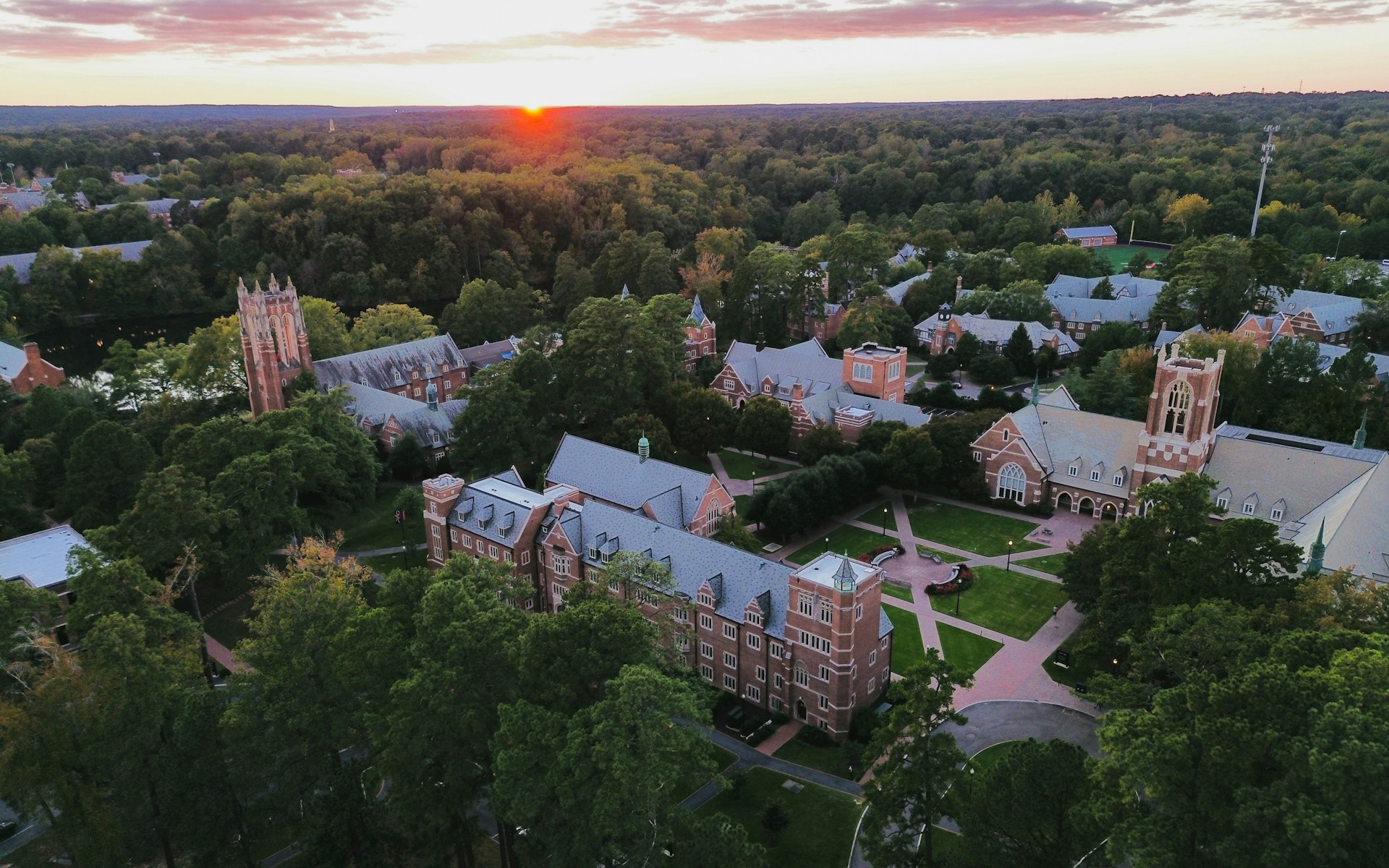Cover illustration by Shafia Motaleb / @artsyfifi
Words by Luke Hinton
When you think about defining moments in Hollywood, each era seems to have one key characteristic. The 1980s were undoubtedly the era of James Cameron, with the acclaimed director releasing hits like The Terminator, Aliens and The Abyss. Similarly, the 2010s will forever be remembered as the golden age of the superhero, with Avengers: Endgame‘s stratospheric box office success proving how popular this genre is.
But the 1970s don’t fit this mould. The decade that marked the dawn of the New Hollywood era ÔÇô with young directors like George Lucas and Francis Ford Coppola dominating the scene ÔÇô doesn’t have just one defining feature. There’s simply no other decade in cinematic history that birthed so many influential films, and without this era’s creative influx, it’s doubtful that filmmakers like Cameron, and franchises like The Avengers, would even exist.
Perhaps the defining film of the 1970s, at least in the eyes of general audiences, is Star Wars. George Lucas’ space opera was released in 1977 to rapturous success, overtaking Jaws to become the highest-grossing film of all time, and has been an enduring Hollywood bastion ever since. The film was lauded upon release for its ground-breaking visual effects and subtle commentary on the Vietnam War ÔÇô and it’s no surprise to see that over four decades later, the saga is just as popular as ever. Would big budget, sprawling franchises like the Marvel Cinematic Universe exist without Star Wars? It’s hard to say, but Lucas’ model of sci-fi stories with multiple entries was something Hollywood had never really attempted before, and without his unique vision, it’s doubtful that the sequel-driven model would exist.
Yet George Lucas wasn’t the only young filmmaker to break the mould of what Hollywood cinema could achieve. A friend of Lucas’, Francis Ford Coppola, spent the 1970s building a crime saga that went down in history as one of cinema’s greatest achievements ÔÇô The Godfather. Aged just 33, his adaption of Mario Puzo’s gangster novel brought together some of Hollywood’s most acclaimed names ÔÇô Marlon Brando, Al Pacino, and later Robert De Niro ÔÇô to achieve the rare feat of a three-hour long crime thriller that captivated all audiences. Yet even more impressive was how The Godfather Part II, only two years later, staked a claim for being even better than the original, winning six Oscars and cementing Coppola as one of Hollywood’s most revered filmmakers. Directors like Stanley Kubrick had spent the 1960s crafting serious, lengthy cinematic experiences, but Coppola used The Godfather to introduce mainstream audiences to sprawling stories that changed cinema.
Outside of the mainstream, however, genre films were bubbling just below the surface, whose influences are still felt today. The modern horror genre was birthed in the 1970s, with films like The Exorcist, The Texas Chainsaw Massacre and Alien shocking audiences ÔÇô with the former even causing cinemagoers to pass out in screenings. These three films each pioneered a different element of horror ÔÇô the supernatural, the slasher and the sci-fi horror respectively ÔÇô and each is a masterpiece in its own right. It’s also noteworthy that each of these franchises is still regularly remade in the modern era, proving the enduring desire of audiences to be shocked by what they see ÔÇô a phenomenon that was undoubtedly spawned in the 1970s.
But aside from just the films, why were the 1970s such a crucial period in cinema? The New Hollywood era marked not only the influx of young, fresh directors like Lucas, Coppola and Scorsese, but was a period where traditional studio filmmaking was on the way out. Previously, studios held the bulk of creative control over their output, but the 70s marked a change, as individual filmmakers were given control to craft their visions without studio interference ÔÇô and without that, it’s doubtful that such game changing films would exist.
1970s cinema is unlike anything else ÔÇô a time capsule of classics that not only birthed modern filmmaking, but are just as innovative, entertaining and shocking as when they first came out. Without New Hollywood, audiences would be deprived of fresh genres and ground-breaking franchises, and the 70s undoubtedly paved the way for future auteurs like James Cameron and Quentin Tarantino to craft their unique, singular cinematic visions. It’s a decade that remains just as significant now as it was half a century ago.


